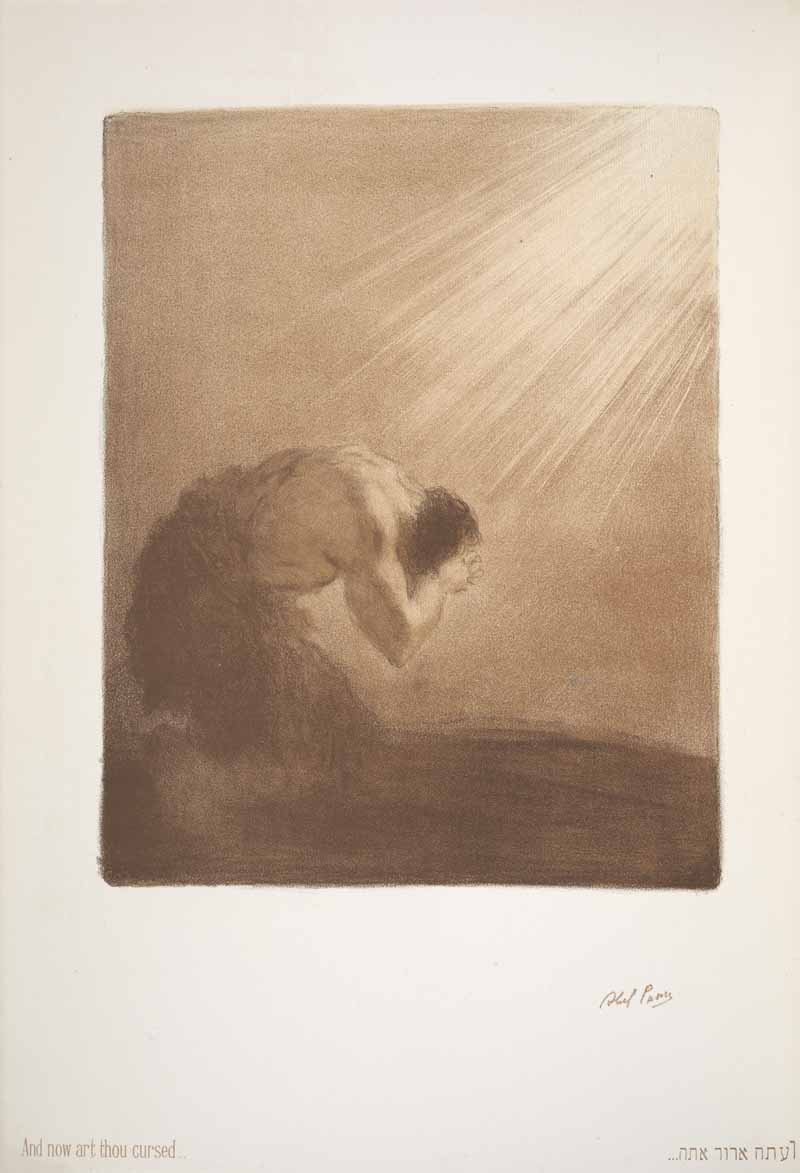"All blame is a waste of time. No matter how much fault you find within another, and regardless of how much you blame him, it will not change you." ~ Wayne Dyer
Accepting 100% responsibility is one of the greatest challenges we face. Most adults will blame their problems on almost anyone before they acknowledge that it is their choices, and nothing else, that have landed them in their current situation. Looking inward to find an answer in our own hearts and minds is much scarier and difficult than blaming our families, government, parents, teachers, bosses etc. This is not to say that we do not suffer from the bad decisions of others. That is only natural, but it is how we choose to view and use those outside circumstances which determines our success in life. Jim Rohn, the premier business philospher of the 20th century was known to say, "The same wind blows upon us all. It's how you set your sail that makes the difference."
Perhaps you are wondering what this has to with the story of Cain and Abel. It was evident to me that Cain displayed a total lack of personal responsibility throughout this story. When the brothers each made an offering to God, Cain brought some of the plants he had harvested. Abel on the other hand, brought forth meat from the firstborn lamb of his flock. Since Abel had given God the best offering he could provide, he was looked upon with favor. Cain had not put as much effort into his sacrifice and therefore he did not receive the Lord's favor. As we know, Cain was furious and instantly looked for someone to blame. If Abel wasn't around to make him look bad, Cain's offering would have been favorable to God. But in reality, the only person he had to blame was himself. If Cain had put in the same amount of care into his offering, both sacrifices would have been seen as favorable in God's eyes.
Instead of accepting responsibility for his error, Cain tricked his brother into accompanying him into the fields where he then kills him.
"Then the Lord said to Cain, 'Where is your brother Abel?'
'I don't know," he replied. 'Am I my brother's keeper?'" (Genesis 4:9)
If you are not clear on what Cain means by this, it is basically akin to him sarcastically telling God that he isn't his brother's babysitter. The famous 19th century preacher, Charles Spurgeon, spoke in one of his sermons, "Cain displayed a shameful tone of presumptuous impudence in his
insulting reply to the Lord God. If it had not been on record in the page of
inspiration, we might almost have doubted whether a man could speak so
impudently when actually conscious that God himself was addressing him." It is such a stunningly insolent response, and at the same time, a form of denial. Cain knows exactly what he did, but doesn't want to accept responsibility. His sarcasm could be seen as a defense mechanism to avoid God's question. It is interesting as well that his parents blamed one another after they ate the forbidden fruit in the Garden of Eden. Neither one would admit guilt. There seems to be a pattern building, even at the very beginning of the Bible's version of human history, humanity seeks to blame outside circumstances for their own mistakes.
God of course knows the crime which Cain has committed. "What have you done? Listen! Your brother's blood cries out to me from the ground." (Genesis 4:10) Cain is then cursed to wander the Earth, but God does not abandon him. When Cain begins to fear that he will be killed after being driven from the land, God puts a special mark on him so no one will harm him, and proclaims that anyone who would kill Cain would suffer vengeance seven times over. I found it amazing that God would still protect Cain even though he just murdered his own flesh and blood!
This is an amazing example of the love of God in the Bible. Though He is punishing Cain, God does not want to see any harm come to his children.

No comments:
Post a Comment